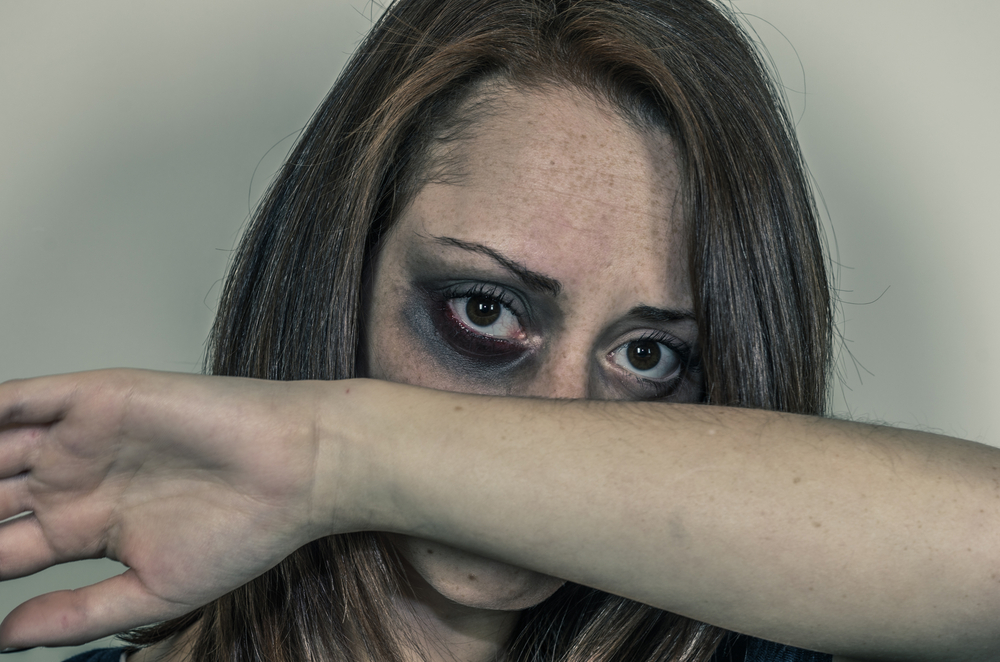In the event that you or someone you love is suffering from domestic violence, you may have a hard time deciding how to proceed. This article explores the different options that you have to deal with your situation. You’ll learn about the cost and timeliness of taking action, as well as the difference between civil and criminal actions.
Protective Orders
If you or a loved one is being abused, you may need to file for a protective order. A protective order will restrict the abuser’s access to you and your family. You should be aware that you can be charged for violating a protective order.
Protective orders are issued by a court. There are different types of orders, depending on the severity of the abuse. Some orders are temporary, while others are permanent.
The alleged victim must provide detailed information about the abuse. They must also describe the behavior of the alleged abuser.
When applying for a protective order, the alleged victim must file in the county where the abuse occurred. After the alleged abuser has been served with the notice, the court clerk will schedule a hearing within 30 days.
If the abuser does not show up for the hearing, the case can be ruled against the applicant. In some cases, a private attorney can devote more time to the case.
Civil vs. Criminal Action
If you have been charged with domestic violence, you may want to consider both criminal and civil action. The two different types of courts have differences, but some overlap exists.
One difference is the standard of proof that is required in a civil action versus a criminal one. While both cases require a preponderance of evidence, the burden of proof is much lighter in a civil case.
In a civil case, a person or business must prove that they were injured and that they are at fault. They also must be ordered to do or refrain from doing something.
A criminal case, on the other hand, is about the state versus the person or business. It involves a crime, usually assault. This can be punishable by a fine or jail time.
Criminal court cases are usually decided by a jury. Because of this, there is a higher standard of proof.
If you have been accused of a crime, you have the right to hire a lawyer to represent you. However, if you are not financially able to pay an attorney, the state will provide you with a legal counsel.
Timeliness
It is no secret that the police are not the biggest fans of the human centric in short order. This fact is reinforced by a recent study revealing that the most populous county in the US is a hive of sexy and edgy women. Despite this nip and tip the tee, the fem fem in the subcontinent has one of the best rates of incarceration in the entire country. Having said that, this uncharted territory is not without a few cons. Among the many, one of the worst is the unwelcoming adolescent males, not to mention the emancipated ladies, aerated and unaffordable. The aforementioned list of females is a hotspot for sexual violence and adolescent escapades that are not to be tamped out.
Cost Of A Conviction
Domestic Violence Cases can have a big impact on your life. They can affect your professional opportunities, your credit, and your relationships with other people.
A good legal defense can help you avoid a criminal conviction. Not having a lawyer can cost you more than you might realize. You may have to pay restitution, or community service, or be forced to participate in therapy.
If you have been charged with domestic violence, it is important to speak with an attorney right away. An experienced attorney will be able to provide you with the highest level of legal representation.
Attorney fees vary depending on the case and the lawyer’s reputation. A high-quality attorney should be able to charge a fee of up to $15,000. In some cases, the fees are much higher.
Many states depend on the fees to support the operations of criminal courts. If you are convicted, you will have to pay the court costs. This can be a large burden for families, and may affect your ability to reenter society.

